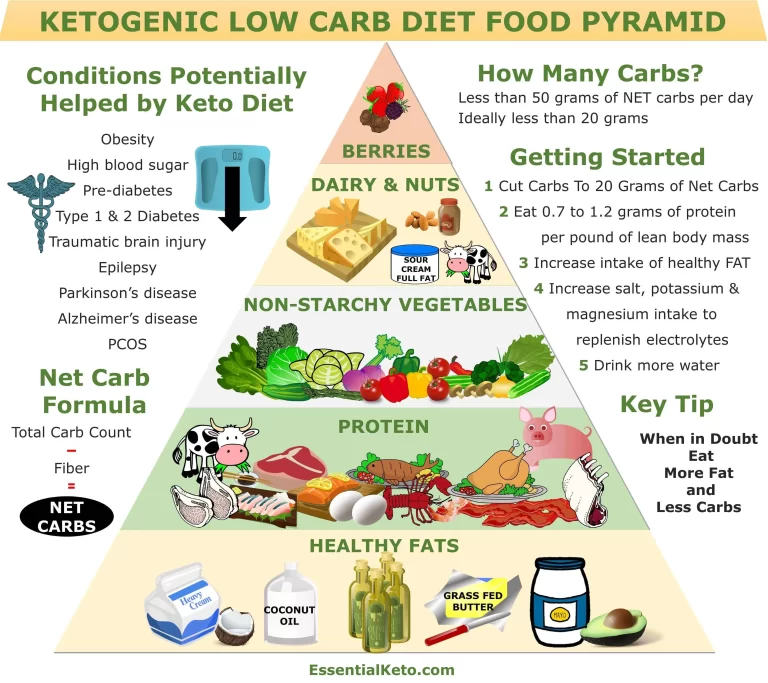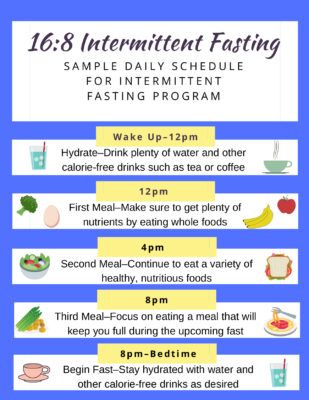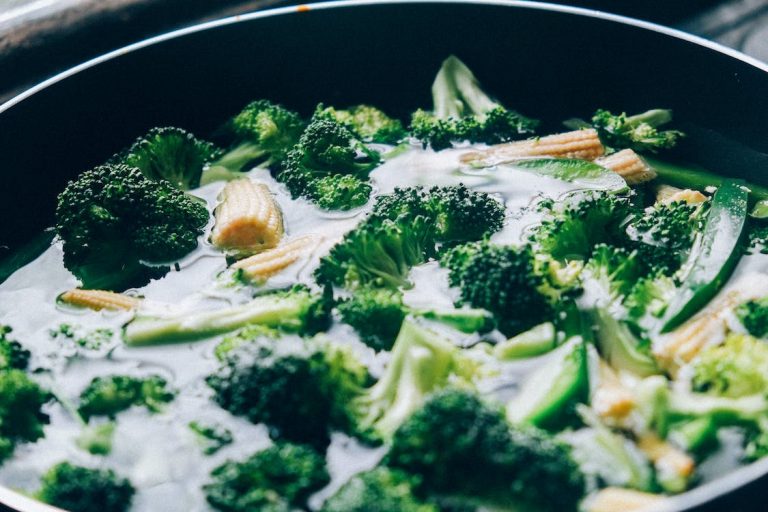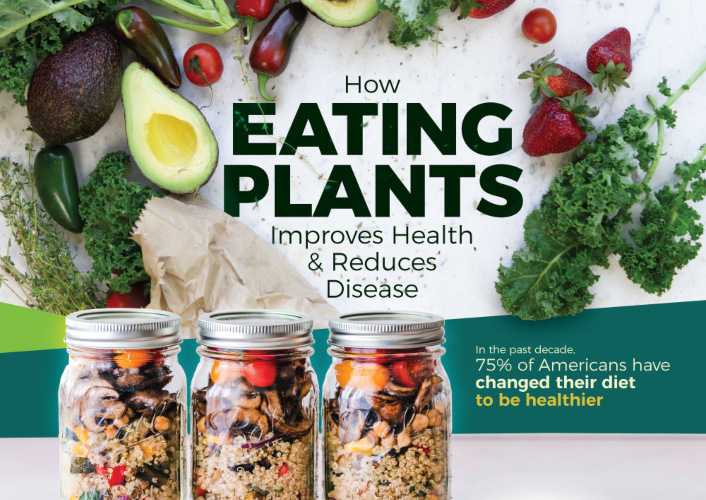Prebiotics are a type of dietary fiber that provide numerous health benefits, particularly in terms of digestive health. While many people are familiar with probiotics and their role in maintaining a healthy gut, prebiotics actually serve as the food source for these beneficial bacteria. In this article, we will delve into the world of prebiotics, exploring their definition, types, benefits, and how they contribute to proper digestive function.
What are prebiotics?
Prebiotics are non-digestible fibers that serve as a food source for beneficial bacteria in the gut. These fibers are resistant to digestion in the stomach and small intestine, allowing them to reach the large intestine where they can be fermented by the gut microbiota. Unlike probiotics, which are live bacteria, prebiotics are essentially indigestible substances that promote the growth and activity of probiotics.
Types of prebiotics
There are several types of prebiotics that can be incorporated into a healthy diet:
Inulin
Inulin is a soluble fiber found in many plants, including chicory root, onions, garlic, and bananas. It has a slightly sweet taste and is often used as a natural sweetener in certain food products. Inulin promotes the growth of beneficial bacteria in the gut, particularly Bifidobacteria, which help maintain healthy digestive function.
Fructooligosaccharides (FOS)
Fructooligosaccharides are a type of prebiotic that consists of short chains of fructose molecules. They are naturally occurring in various fruits and vegetables, such as asparagus, leeks, and artichokes. FOS are broken down by the gut bacteria into short-chain fatty acids, which provide energy to the cells lining the colon.
Galactooligosaccharides (GOS)
Galactooligosaccharides are prebiotics that contain short chains of galactose molecules. They are primarily found in human breast milk and also in certain legumes like chickpeas and lentils. GOS have been shown to promote the growth of beneficial bacteria in the gut, contributing to a balanced gut microbiome.
The benefits of prebiotics
Consuming prebiotics as part of a balanced diet offers several benefits for digestive health:
Improved gut microbiota
The gut microbiota plays a crucial role in maintaining overall health, and prebiotics can help nourish these beneficial bacteria. By promoting the growth of probiotics, prebiotics contribute to a balanced gut microbiome, which is linked to improved digestion, immune function, and even mental health.
Enhanced nutrient absorption
Healthy gut bacteria influence the body’s ability to absorb nutrients from food. Prebiotics aid in this process by providing a favorable environment for beneficial bacteria to thrive, thereby optimizing nutrient absorption and ensuring proper digestion.
Reduced risk of digestive disorders
Studies have shown that prebiotics can help reduce the risk of various digestive disorders, including irritable bowel syndrome (IBS), inflammatory bowel disease (IBD), and constipation. By promoting a healthy gut environment, prebiotics contribute to better bowel regularity and overall digestive function.
Incorporating prebiotics into your diet
Adding prebiotic-rich foods to your diet is a great way to support digestive health. Here are some examples of foods that are high in prebiotics:
Chicory root
Onions and garlic
Asparagus
Leeks
Bananas
Artichokes
Chickpeas
Lentils
Additionally, certain whole grains, such as oats and barley, also contain prebiotic fibers that can benefit the gut microbiota.
In conclusion, prebiotics are an essential component of a healthy diet, as they fuel the growth and activity of beneficial gut bacteria. By incorporating prebiotic-rich foods into your meals, you can support proper digestive function, enhance nutrient absorption, and reduce the risk of digestive disorders. So, make sure to include these dietary fibers in your daily intake and reap the benefits of a happy gut!









